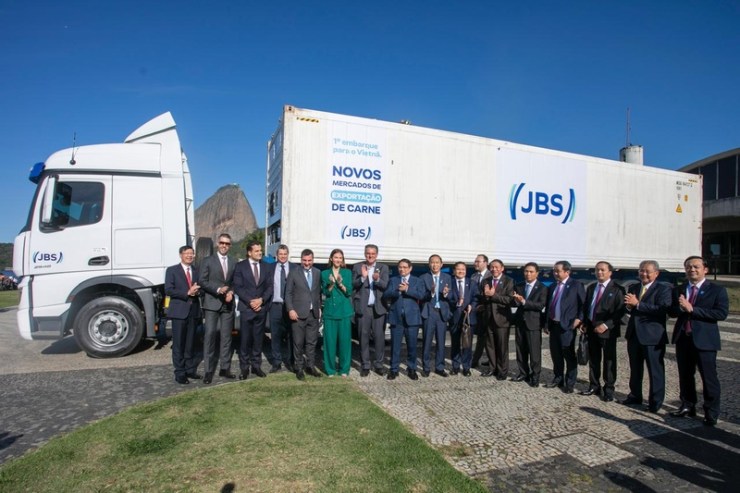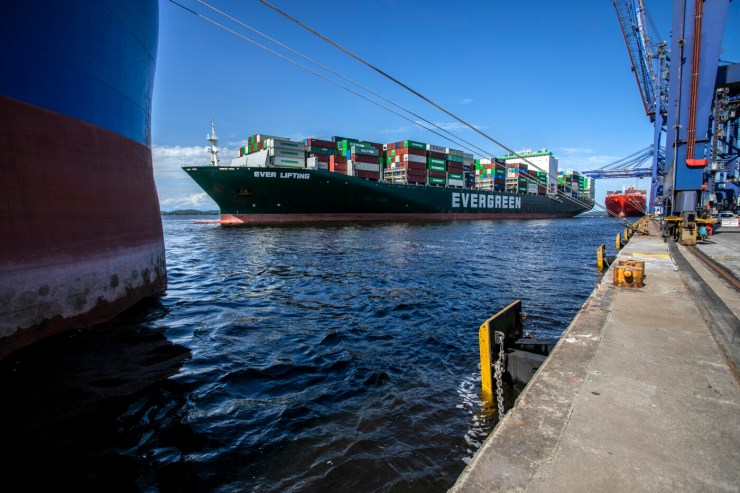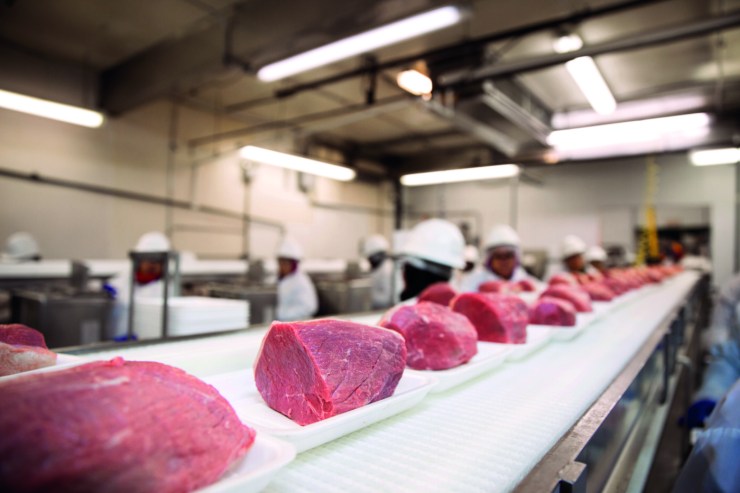The year 2025 had a turbulent start, with changes imposed by the United States in the trade negotiation strategy, mainly due to the imposition of import tariffs on all of the country's trading partners. Even in this scenario, Brazilian agribusiness has shown its resilience and managed to increase the dollar value of its sales abroad.
 From January to April, revenue from the sector's exports reached US$1.5T 52.8 billion, an increase of 1.61T4T compared to the first four months of 2024, as shown by research by Cepea (Center for Advanced Studies in Applied Economics), from Esalq/USP, carried out based on data from the Ministry of Development, Industry, Commerce and Services (MDIC), from the Secretariat of Foreign Trade (Siscomex system).
From January to April, revenue from the sector's exports reached US$1.5T 52.8 billion, an increase of 1.61T4T compared to the first four months of 2024, as shown by research by Cepea (Center for Advanced Studies in Applied Economics), from Esalq/USP, carried out based on data from the Ministry of Development, Industry, Commerce and Services (MDIC), from the Secretariat of Foreign Trade (Siscomex system).
Cepea researchers indicate that this scenario is the result of the 5.3% increase in average prices in dollars from January to April, given that the volume shipped fell by 3.5% in the period.
Beef, pork and chicken, cellulose and cotton showed the greatest growth in the volume sold abroad, while coffee and orange juice registered strong appreciation. According to researchers from Cepea, the good performance of Brazilian meats can be explained by the strong international demand. It is worth noting that the import tariffs imposed by the United States government did not prevent the growth in sales of Brazilian meat to the United States. In the case of coffee and orange juice, the sharp increase in prices was linked to the low Brazilian and global supply of these commodities.
China remains the main destination for Brazilian agribusiness exports, but has reduced its share somewhat.

share in the total value of shipments. On the other hand, Europe, the United States, countries in the Middle East and Southeast Asia increased their share in the balance from January to April 2025.
Expectations
Brazilian agribusiness exports are expected to continue to grow in the coming months, especially in volume, given the new record for the national grain harvest. On the other hand, the imbroglio over US trade policy and the imposition of import tariffs could impact this scenario, due to the uncertainty it generates in the business environment.
Still, opportunities may be seen for Brazilian products, which will not have to pay additional tariffs to enter other destinations, such as China, which should increase the competitiveness of Brazilian products in the Asian market. In the United States, the April result shows that, even with tariffs, imports of beef and orange juice from Brazil remained strong. However, slower growth in the global economy could reduce demand for commodities in general and influence the external sales of Brazilian agribusiness.





